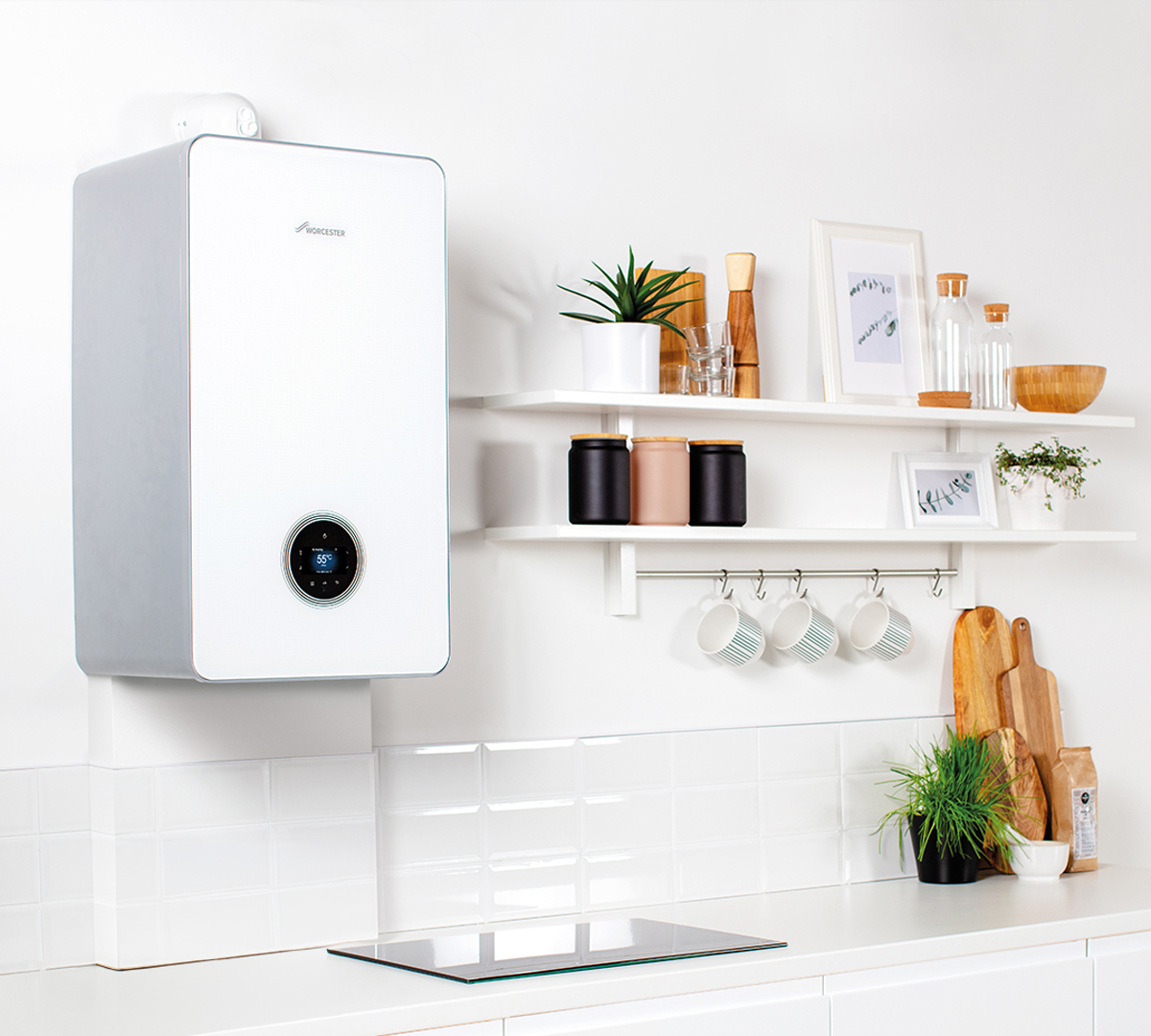Boilers are crucial in regulating your home's temperature, ensuring comfort throughout the year. Like any appliance, they can wear out over time and may need to be replaced. Boiler repair can often address minor issues and extend the lifespan of your system, but when problems become frequent or severe a replacement is a more cost-effective and reliable solution.
To help you make this decision, we've outlined five key indicators that suggest it may be time to invest in a boiler replacement.
Ready to ensure your home stays warm and efficient?Contact us today on 0203 620 5800 or you can email us at hello@southlondonheating.co.uk for a free consultation, and let our expert team guide you in finding the perfect heating solution!
At South London Heating, we believe in putting our customers first. Your comfort is our priority, and we're here to help you every step of the way.
Recognising The Right Time For Boiler Replacement
1. Age Of The Boiler
Age is crucial in determining whether a boiler needs to be replaced. Typically, boilers have a lifespan of 10 to 15 years. If your boiler is approaching or has exceeded this age, it might be time to consider a replacement for the following reasons. Here are the main age-related signs your boiler needs replacing:
- Efficiency - Older boilers are less efficient than modern models, resulting in higher energy costs. Newer boilers are designed with energy-saving features that can significantly reduce utility bills.
- Technology advancements - Modern boilers have advanced technology that enhances performance and reliability. These systems are less prone to problems compared to older models.
If you need more clarification about the age of your boiler, check the manufacturer's label or consult a professional for assistance.
2. Frequent Repairs
If your boiler needs frequent repairs, it's a clear sign that a replacement may be necessary. Here are some key indicators that suggest your boiler might be on its last legs:
- Recurrent issues - It can become frustrating and costly if you call a technician more than twice within a few months for problems like leaks, strange noises, or inconsistent heating.
- Cost of repairs - It is generally recommended to consider replacing your boiler when repair costs exceed £500. Over time, repair expenses can add up, making investing in a new boiler more financial sense.
Investing in a new boiler will reduce the headaches associated with ongoing repairs and ensure reliable heating when needed.
3. Increased Energy Bills
Are you experiencing a sudden increase in energy bills without a corresponding rise in usage? This could be a sign that your boiler is no longer functioning efficiently. Here are some points to consider when thinking about a boiler replacement:
- Inefficiency - Older boilers, especially those over 15 years old, tend to lose efficiency over time. This inefficiency means they consume more fuel to produce the same heat.
- Carbon footprint - An inefficient boiler affects your finances and contributes to higher greenhouse gas emissions. Investing in a new energy-efficient boiler can reduce your bills and environmental impact.
If your heating bills are steadily increasing and your boiler is old, assess the performance of your heating system.
4. Strange Noises
Unusual noises from your boiler can indicate significant issues that may require replacing the entire unit. Here are some familiar sounds to be aware of:
- Banging or clanging - This noise often results from kettling, where limescale builds up inside the boiler, obstructing the normal flow of water and causing it to overheat. If your boiler is experiencing kettling, it may need to be replaced.
- Screeching - This sound could indicate a faulty pump, depending on the age of your boiler, replacing a major component such as a pump could result in a costly repair bill.
You must consult an expert for an assessment when you hear strange or persistent noises. If the inspection reveals a serious issue, replacement may be necessary.
5. Inconsistent Heating & Hot Water
If your home experiences uneven heating or hot water, it indicates that your boiler may be struggling. Here are a few factors to consider, as these are clear signs your boiler needs replacing:
- Water Temperature Fluctuations - If the temperature of your hot water across all your hot water outlets is decreasing and becoming inconsistent, this could indicate an issue with your boilers plate heat exchanger, this can be a costly component to repair.
- Failure to maintain temperature - If your boiler consistently fails to reach or maintain the desired temperature settings, it loses its ability to operate effectively. This could signal the need for a replacement.
Experiencing heating and hot water imbalances affects comfort levels and can lead to higher energy bills. If you notice significant temperature shifts in your home, assessing your boiler's performance is advisable.
CONTACT SOUTH LONDON HEATING
Final Words
Understanding when to replace your boiler can save money, prevent discomfort, and save time. Regular boiler maintenance can help identify issues early. Still, consider a replacement instead of a repair if you notice signs such as an ageing boiler, frequent repairs, rising energy bills, unusual noises, or inconsistent heat distribution.
Investing in a new boiler will enhance the efficiency of your home, reduce energy costs, and ensure reliable hot water for many years to come. If you need more clarification about the condition of your current boiler, it's wise to consult a professional heating engineer for tailored advice based.
You can get an online quote here for a quick and easy estimate of your heating needs.
FAQs
1. How do I know if my boiler needs replacing?
If your boiler is over 10 to 15 years old, frequently breaks down, or is causing higher energy bills, replacing it may be the most sensible choice.
2. How long does a boiler replacement take?
Usually, a boiler replacement takes around 1-2 days to complete, but the duration may vary depending on the difficulties involved in the installation.
3. Will a new boiler save me money on energy bills?
Modern boilers have energy-saving features that can significantly reduce heating costs and minimise the carbon footprint. Regular boiler maintenance helps ensure these features function efficiently, prolonging the life of your boiler and maximising its energy-saving potential.





